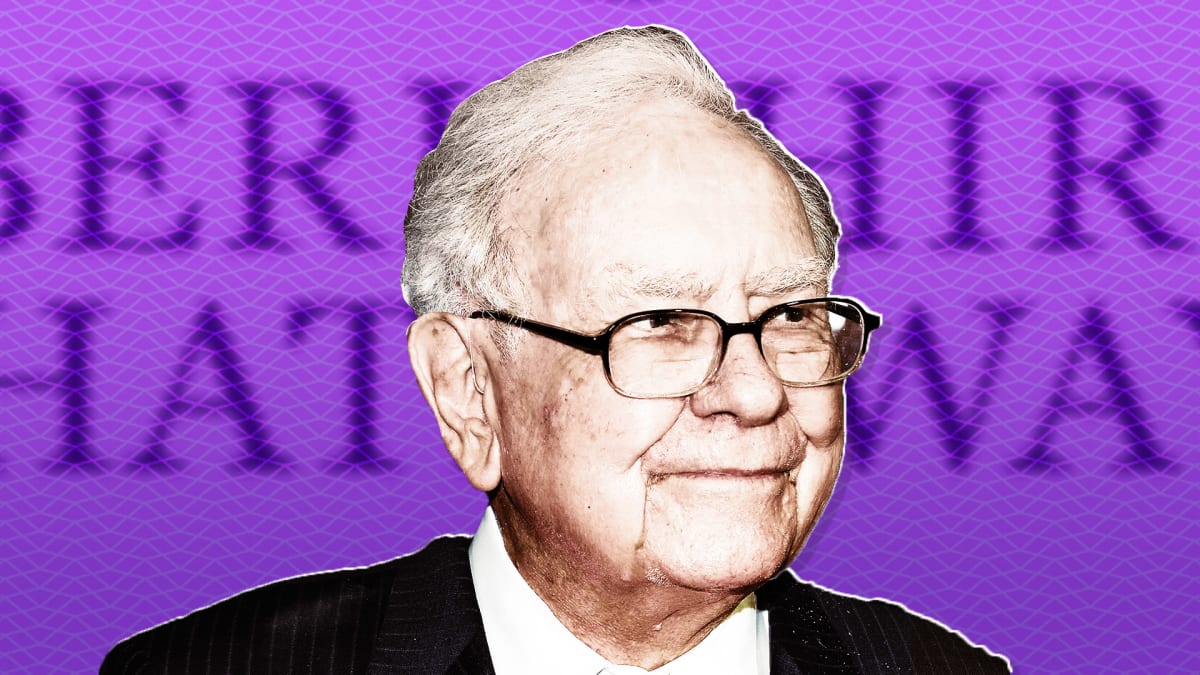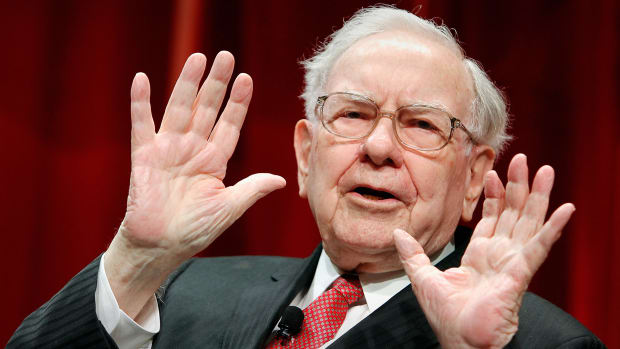
You may think of Warren Buffett, chief executive of Berkshire Hathaway, as someone who’s constantly choosing winning companies in which to invest.
But that’s not how it works, says the Oracle of Omaha.
DON’T MISS: How to Invest Like Warren Buffett: Morningstar
“In 58 years of Berkshire management, most of my capital-allocation decisions have been no better than so-so,” he wrote in his annual letter to shareholders.
Some of his poor choices have been rescued by good luck, Buffett says. “Remember our escapes from near-disasters at USAir and Salomon? I certainly do.”
So what’s the (non)-secret sauce?
"Our satisfactory results have been the product of about a dozen truly good decisions – that would be about one every five years – and a sometimes-forgotten advantage that favors long-term investors such as Berkshire,” Buffett said.

Paul Morigi/Getty Images for Fortune/Time Inc
Buffett Acknowledges Errors
“Over the years, I have made many mistakes. Consequently, our extensive collection of businesses currently consists of a few enterprises that have truly extraordinary economics, many that enjoy very good economic characteristics, and a large group that are marginal.”
And then there are the losers.
"Other businesses in which I have invested have died, their products unwanted by the public,” he said.
“Capitalism has two sides: The system creates an ever-growing pile of losers while concurrently delivering a gusher of improved goods and services.”
These comments provide a handy guide for successful investing. Don’t expect all your choices to be winners. But when you initiate a position, make sure you don’t put in a large amount of money. That way a few mistakes won’t hurt you badly.
As long as most of your positions provide returns about in line with the market, your winners should take care of the rest.
Throwing Venture-Capital Darts
All this seems to argue for a strategy similar to venture-capital investing. In venture capital, you generally throw small amounts of money at a large number of companies.
Many will go belly-up, but hopefully your few (or more if you’re lucky) winners will make up for that. Established stocks are different than venture capital, because with stocks you generally should be able to avoid companies that will fail. But the principal of devoting small amounts of money to a large amount of companies seems to make sense.
Of course Buffett recommends against buying individual stocks in any case. Stick to index funds, he says. And that makes a lot of sense.
Very few people outside of Buffett have beaten the market for sustained periods. And the odds that you would be one of them are very low.
This reporter is something of a hypocrite here in that he mostly owns individual stocks, but doesn’t expect to beat the market. He just wants to match it, with a large portfolio of stocks that acts like an index fund, but is more fun to assemble.







